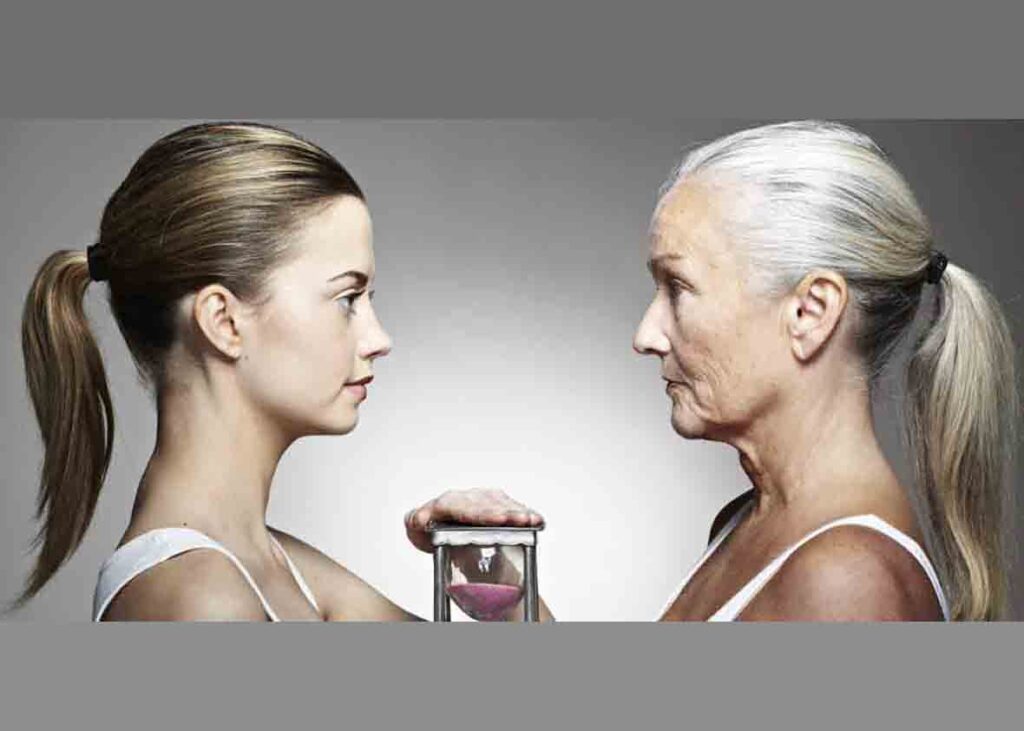
Aging is a natural process, but the skincare industry has developed an impressive arsenal of ingredients designed to help slow down visible signs of aging and maintain skin’s health and vitality. Understanding the science behind these ingredients allows you to make informed decisions about your skincare routine and choose products that truly work. This guide explores the most effective anti-aging ingredients, explaining how they work, their benefits, and what to look for when adding them to your regimen.
Understanding the Aging Process
Skin ages due to both intrinsic and extrinsic factors. Intrinsic aging refers to natural, genetic changes in skin structure over time, such as decreased collagen production, slower cell turnover, and reduced elasticity. Extrinsic aging is caused by environmental and lifestyle factors like UV exposure, pollution, smoking, and poor diet. The most visible signs include wrinkles, fine lines, sagging, uneven texture, and age spots. Anti-aging skincare ingredients target these underlying causes to improve skin’s appearance and delay further damage.
Retinoids: The Gold Standard of Anti-Aging
Retinoids, including retinol and prescription-strength tretinoin, are derivatives of vitamin A and are widely considered the most effective anti-aging ingredients. They work by stimulating collagen production, accelerating cell turnover, and improving skin texture. Retinoids can reduce fine lines, fade hyperpigmentation, and smooth rough patches. However, they can cause irritation, especially for beginners, so it’s important to start with lower concentrations and use them alongside moisturizer and sunscreen.
Vitamin C: The Antioxidant Powerhouse
Vitamin C (ascorbic acid) is a potent antioxidant that helps neutralize free radicals, unstable molecules that damage skin cells and accelerate aging. It also plays a key role in collagen synthesis, brightens skin tone, and reduces the appearance of dark spots. For best results, choose stable forms of vitamin C and pair them with sunscreen to maximize UV protection. Concentrations between 10% and 20% are generally effective without excessive irritation.
Peptides: The Building Blocks of Skin Proteins
Peptides are short chains of amino acids that serve as building blocks for proteins like collagen and elastin. In skincare, certain peptides can signal skin cells to produce more collagen, helping to restore firmness and smooth fine lines. While results are more subtle compared to retinoids, peptides are well-tolerated by most skin types and work well in combination with other active ingredients.
Hyaluronic Acid: The Ultimate Hydrator
Hyaluronic acid is a humectant that attracts and retains water in the skin, making it look plumper and smoother. While it doesn’t directly stimulate collagen production, it helps maintain a healthy skin barrier and improves the appearance of fine lines caused by dehydration. It works best when applied to slightly damp skin and sealed in with a moisturizer.
Alpha Hydroxy Acids (AHAs) and Beta Hydroxy Acid (BHA)
AHAs like glycolic and lactic acid exfoliate the skin’s surface, removing dead cells and promoting cell turnover. They can improve texture, fade pigmentation, and allow other skincare ingredients to penetrate more effectively. BHA, such as salicylic acid, works deeper into the pores to clear congestion, making it ideal for oily or acne-prone skin. Both can enhance skin radiance but should be introduced gradually to avoid irritation.
Niacinamide: The Multi-Tasking Vitamin
Niacinamide, or vitamin B3, is a versatile ingredient that strengthens the skin barrier, reduces redness, improves elasticity, and evens skin tone. It also helps regulate oil production and reduces the impact of environmental stressors. Niacinamide is generally well-tolerated and can be combined with most other active ingredients, including retinoids and acids.
Sunscreen: The Most Important Anti-Aging Product
No anti-aging routine is complete without daily sun protection. UV radiation is the leading cause of premature skin aging, contributing to wrinkles, sagging, and pigmentation. Broad-spectrum sunscreen with SPF 30 or higher should be applied every morning, even on cloudy days, and reapplied every two hours during prolonged sun exposure. Many anti-aging treatments make skin more sensitive to sunlight, making sunscreen an essential companion.
How to Combine Anti-Aging Ingredients Effectively
Building an effective anti-aging routine involves understanding which ingredients complement each other and which should be used separately to avoid irritation. For example:
- Retinoids work well with peptides and niacinamide, but may cause irritation if combined with strong acids in the same routine.
- Vitamin C pairs well with sunscreen for enhanced protection but may be unstable when mixed with certain other actives.
- AHAs can be used in the morning and retinoids at night to minimize irritation and maximize results.
Common Myths About Anti-Aging Ingredients
Many myths circulate about anti-aging skincare. Some believe natural products are always better, but potency and proven results depend on formulation and concentration, not just the source. Others think that starting anti-aging products too early is harmful, but using antioxidants and sunscreen in your 20s can help prevent early signs of aging.
Tips for Choosing the Right Products
When selecting anti-aging products, consider your skin type, specific concerns, and tolerance for active ingredients. Look for clinical evidence supporting the product’s claims, and avoid formulations with unnecessary fragrances or irritants if you have sensitive skin. Patience is key—most anti-aging ingredients take several weeks to show visible results.
Conclusion
The science behind anti-aging skincare ingredients reveals that effective treatments target collagen production, cell turnover, hydration, and protection against environmental damage. By understanding how each ingredient works, you can create a skincare routine tailored to your needs, combining proven actives for the best possible results. Consistency, proper application, and sun protection remain the foundation for maintaining youthful, healthy skin at any age.